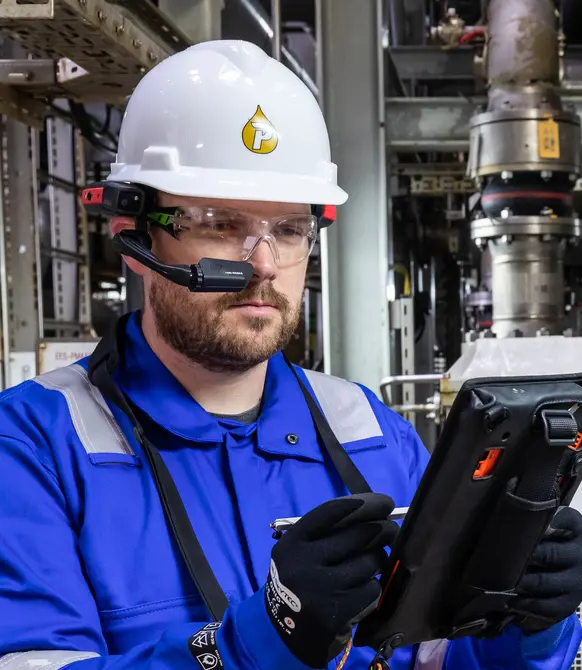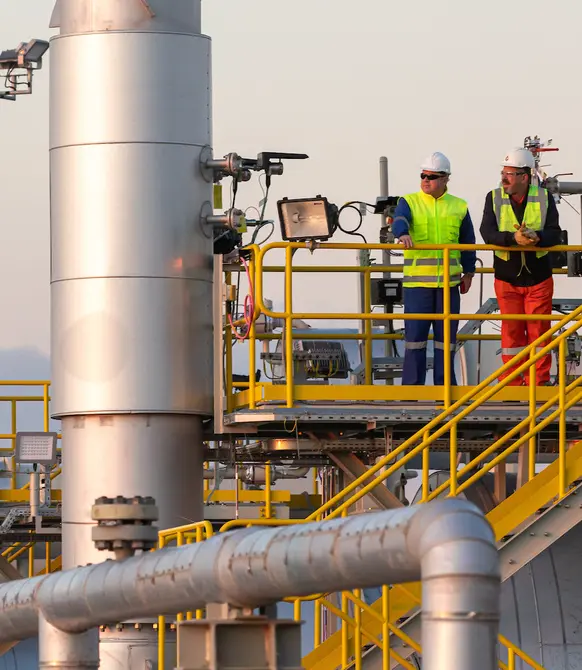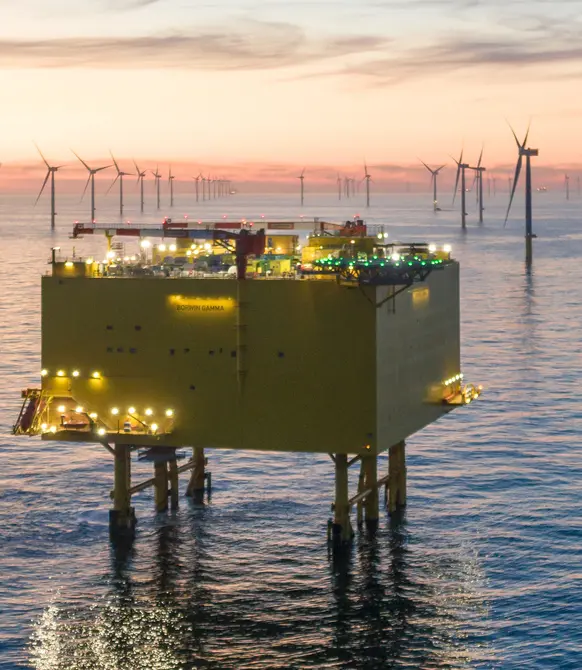16 December 2013
From Securing the Nation's Borders... to Securing the Nation's Energy Supply
Petrofac has unveiled plans to tackle the oil and gas industry skills gap – with the announcement of a new training model that will kick start a career for dozens of skilled ex-forces personnel.
The new ‘Forces Transition Programme’ is a partnership between the industry, MoD and training providers to create and pilot ‘new to industry’ courses, taking qualified and experienced ex-forces personnel and training them to become skilled offshore technicians and project engineers.
Petrofac’s commitment is supported by funding made available by Skills Development Scotland from the ‘Energy Skills Challenge Fund’ to create a training course with a difference – one with a guaranteed position, and the only transition course offered by a major contractor via its own internal training provider.
Trainees will be employed by Petrofac from the day they begin their course. The course will be delivered by Petrofac Training Services and on successful completion, they will go into permanent positions with Petrofac’s Offshore Projects & Operations business.
Petrofac is initially recruiting offshore technicians, targeting ex-Army, Navy or RAF personnel with transferable mechanical, electrical or instrumentation skills. Courses will begin early in 2014, with an initial 16 trainees taking an eight week course to convert their military experience to be offshore ready.
Plans are also being developed to recruit project engineers, who would take a longer sandwich course involving elements of training and on-the-job learning. Both disciplines will ultimately gain an accredited qualification, either an SVQ or an Association of Project Management qualification.
Candidates are being identified through the Career Transition Partnership, established by the MoD to help with resettlement of ex service personnel.
Walter Thain, Senior Vice President Europe, Petrofac Offshore Projects & Operations said: “With a skills shortage right across the industry, and some major projects on the horizon, we have to look for new sources and smarter ways of recruiting at all levels but particularly for offshore technical disciplines. Ex-forces personnel have skills that typically transfer very well to offshore industries, particularly in the technical disciplines we are focusing on.”
Experts have estimated that the oil and gas industry in Aberdeen alone will need 120,000 more people in the next ten years[i], while a study by Strathclyde University’s Fraser of Allander Institute pointed to a specific gap emerging in the 35-49 year-old age group with between eight and 15 years’ experience[ii].
David Edwards, Engineering Construction Industry Training Board (ECITB) Chief Executive said: “This is a great opportunity to up-skill or retrain experienced engineers from the military and allied sectors, giving them new careers in the offshore industry. The engineering construction sectors industry supports the energy sector and has a ‘transferable’ workforce through initiatives like the ECITB ReSkill and ReEngineer, which are designed to deliver the skills and competency required for the offshore environment.”
Petrofac has invested in bespoke training packages that include detailed technical training and a classroom-based module offering an ‘Introduction to Oil and Gas’. This ‘transition component’ will give the trainees a broader understanding and appreciation of the industry and environment they are coming into, its challenges and opportunities. This will be complemented by the basic offshore survival training or ‘BOSIET’, mandatory for anyone wishing to work offshore, and MIST (Minimum Industry Safety Training).
Thain adds: “This is only a pilot but our customers have been very supportive and we are looking to expand it significantly over the next few years.“
This is a fantastic opportunity for us to tap into a skilled, mobile, versatile workforce and at the same time to help some talented people access a second, rewarding career. With the help of a short training course we can help bridge the gap between military skills and offshore skills and ensure that when they arrive offshore they are competent and confident to start working effectively immediately.”
[ii] http://www.agcc.co.uk/find-information/doc_view/1839-oil-gas-survey-17-nov-12/








